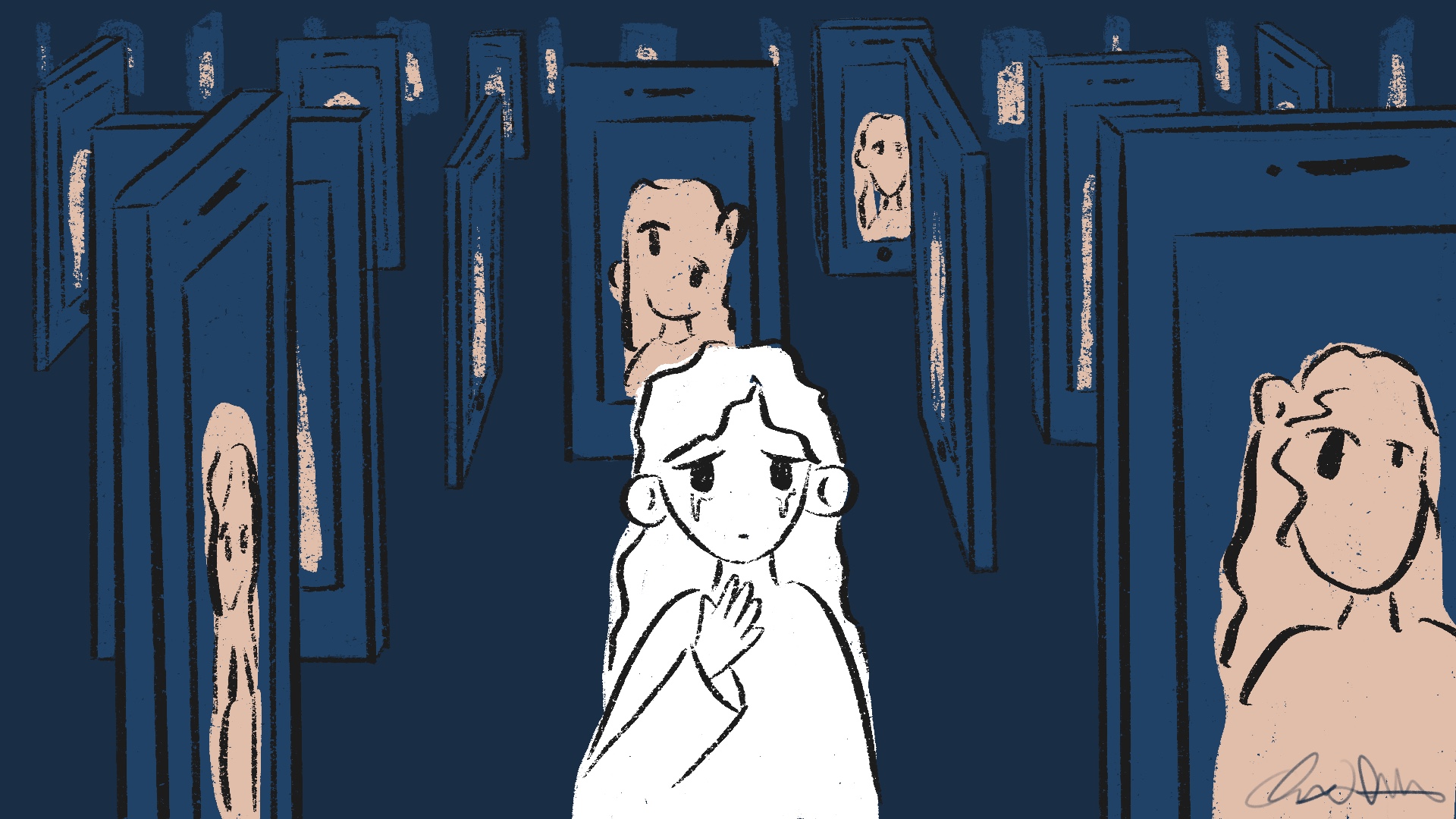Teenage years are confusing; everyone around you doesn’t know who they are and are trying to find the correct path to self-fulfillment. But one phenomenon can never be forgotten throughout those years of enjoyment: friendships. If you were to ask any young adult about the best moments of their teenage years, they will most likely talk about drinking or planning faraway trips with their besties.
I used to long for those moments, but I never had the friends to share them with. Even back in primary school, during recess, the washroom was my closest friend. There, I wept and learned to identify my emotions with music. After listening to songs in every language, I fell in love with the Russian language.
Ever since I was nine years old, I have had a fascination with Russian culture. The interest stems from watching gymnastics and attending piano class, and led to researching Russian music and learning the language. I viewed Russia as a land filled with arts and culture: the architecture, music, and dances spoke to my emotions. It may not have been a country that many people were interested in, but I saw past the biased media representations.
Ever since my parents enrolled me in gymnastics class, I wanted to learn Russian. Whenever I felt ostracized and picked on by my classmates, I would go home, sit on my computer, and spend the next one to two hours learning new Russian words. This was my method of coping throughout the difficult journey of adolescence. Whenever I listen to Russian music or I’m reminded of the richness of Russian culture, I think back to the adversities I faced, and how I overcame them by learning Russian.
Sometimes, this quality of mine set me apart from other students and figures in my life. Back in middle school, I remember the bell ringing for recess. In less than 10 seconds, all of my classmates ran out the door onto the playground. Trudging slowly behind, I hummed some tunes to myself and sat against the brick wall. Kicking tiny rocks around the cement, I visualized my life in a decade: working in Moscow, travelling home to my apartment, video calling my mom on Skype.
“Hello,” a familiar voice called me.
I looked up and saw my eighth grade teacher standing beside me. “Not again,” I thought.
“I wanted to speak to you about something,” she told me. I raised my eyebrow, as I never would assume that a teacher would approach a student during recess.
“Can you fix your obsession with Russian music?” she asked. “No one wants to listen to it, and everyone complains about it.”
I placed my head in my hands, feeling tears flow out of my eyes. It’s difficult to comprehend why a teacher would choose to speak to me like this; the tone was degrading and resentful. My classmates already made fun of me because of my music taste, but I didn’t understand why it was an issue.
